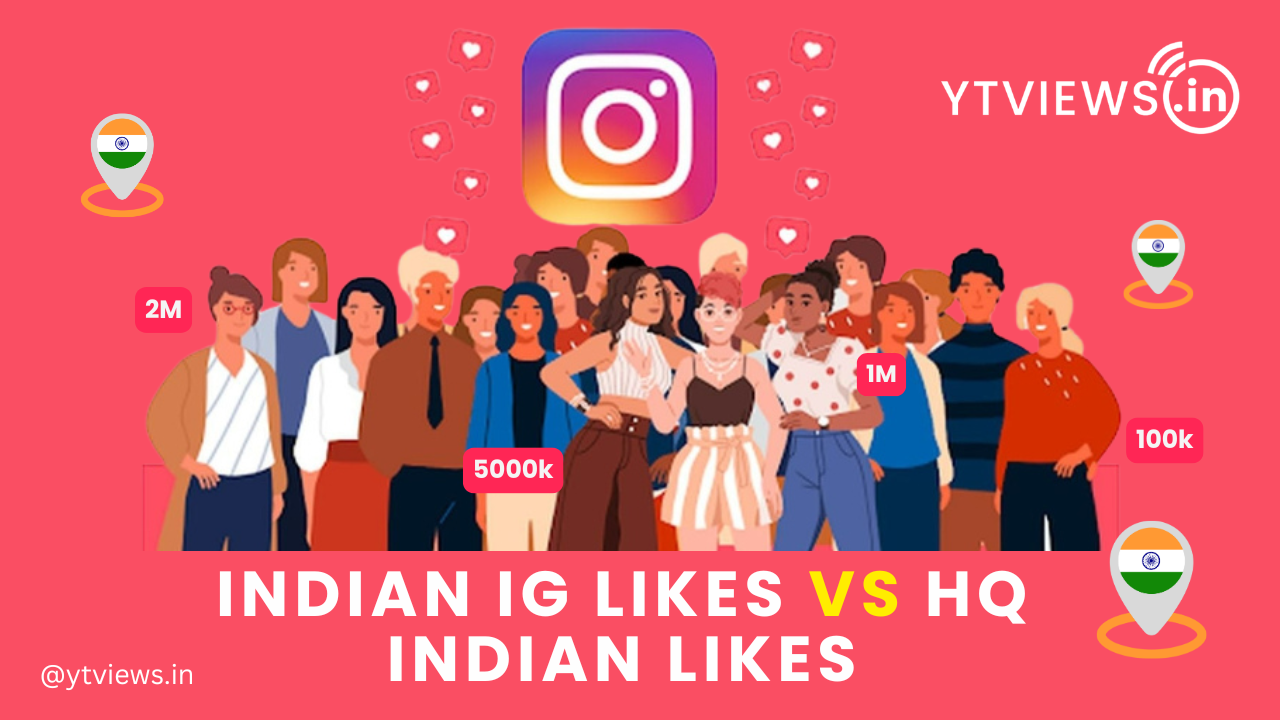Microsoft and Chatgpt’s partnership competes with Google
Microsoft is now seeing a return on its investment in OpenAI thanks to the recent explosion of ChatGPT and the effects of Dall-E 2 earlier in 2022. In 2019, Microsoft made a $1 billion initial investment in the AI firm. Additionally, it started serving as OpenAI’s and its preferred partner’s sole cloud provider.
Since then, ChatGPT, the user-friendly query-based language model trained on a vast repository of knowledge, has rapidly gained international notoriety and has been hailed as ushering in a new era of widespread AI. The same is true for text-to-image applications using OpenAI’s Dell-E technology, which enables users to ask the model to quickly produce complex and different images.
According to numerous media reports, the tech giant will probably soon invest an additional $10 billion into OpenAI and might add the chat model to the Bing search engine.
A challenge to Google:
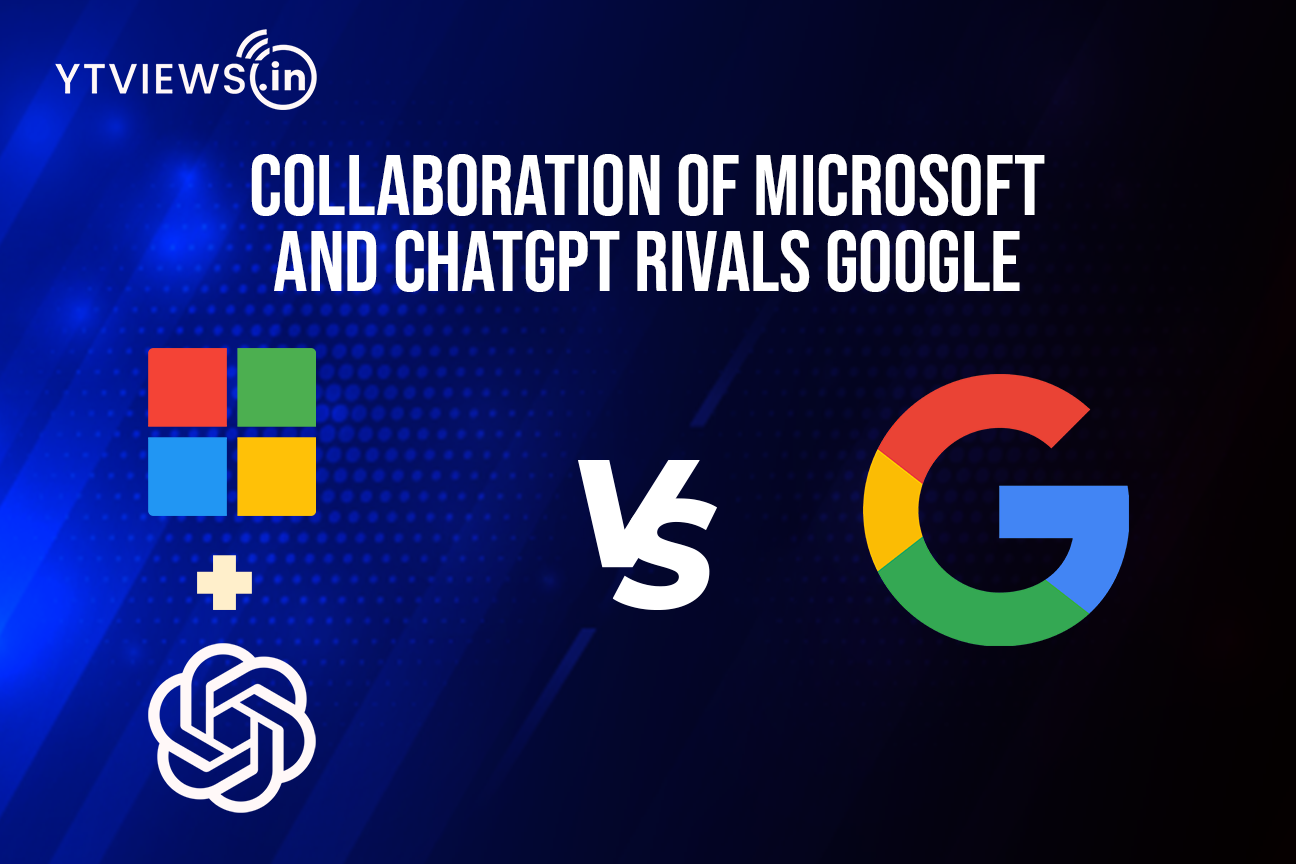
It would be difficult for Microsoft to replace Google Search with Bing or make Bing a serious rival if it attempted to integrate ChatGPT.
He mentioned the many components of Google Search. First, unlike ChatGPT, Google can determine the user intent behind a search. Then, it performs a feature currently available in ChatGPT: an information summary. Users can use the function to search for a particular item and then compile all the data related to the request’s origin.
Another feature that ChatGPT lacks is Google’s information inventory and search engine optimization, which allows Google to identify and rank websites.
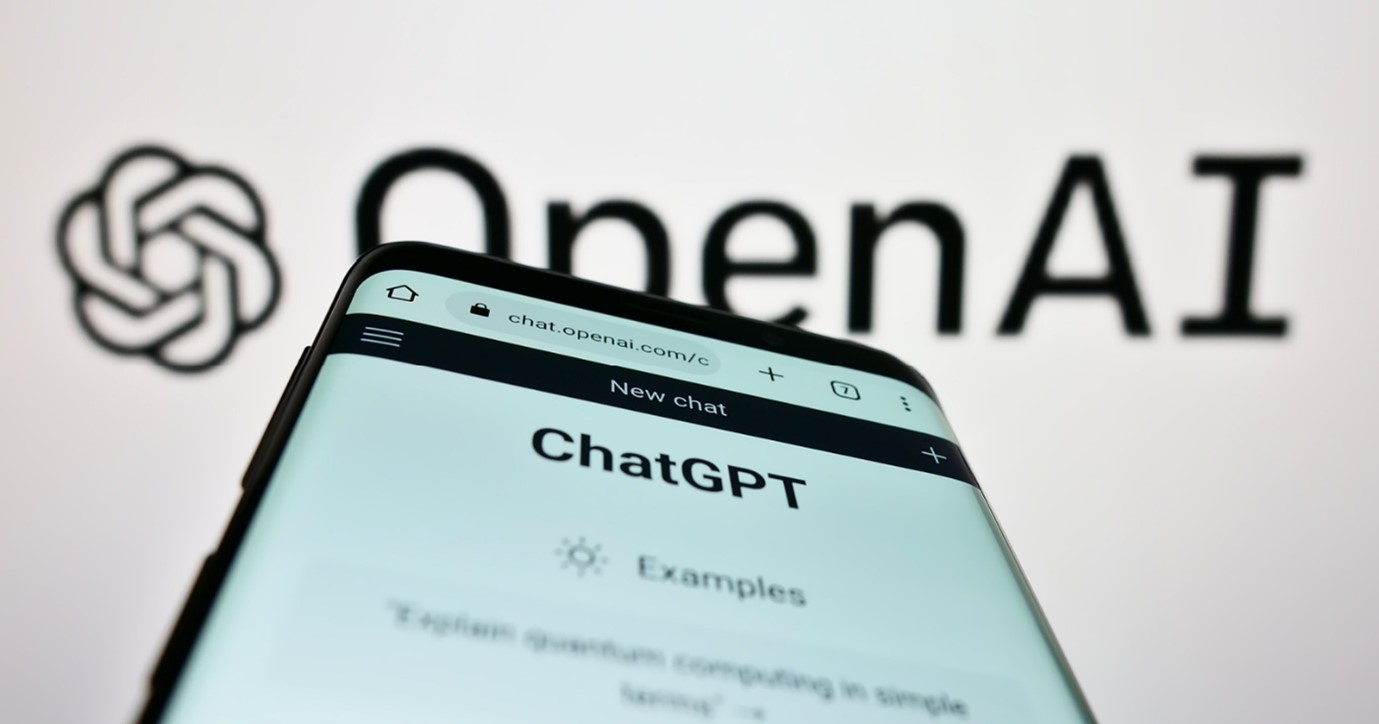
Despite some of ChatGPT’s issues, Michael Bennett, director of the education curriculum and business lead for ethical AI at North-eastern University, claims that many people still find it to be a compelling alternative to Google search.
Given that they don’t have to search through individual web pages, some users are finding it to be preferable in terms of both substance and speed, he added. ChatGPT narrows the search by offering an answer to a particular inquiry, whereas Google search returns hundreds of links in response to a search. Additionally, ChatGPT can build full web pages and web content, which might pose a challenge to Google’s ad-based business model if its ads are displayed on such pages.
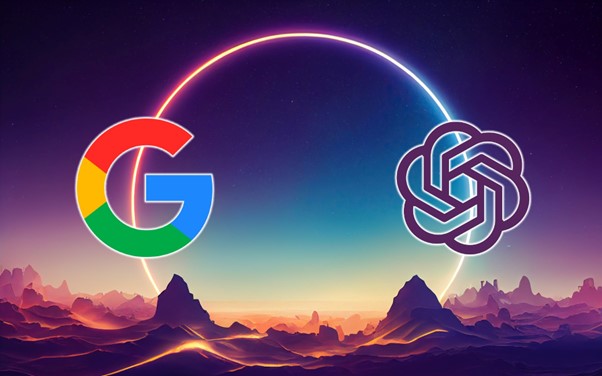
Bennett stated, “It’s still missing in terms of trustworthiness, so that stuff may not be true, or even reasonable. If placed on such websites, “Google-placed advertising can be polluted by relation.”
But he added that ChatGPT is most likely to improve and be swiftly updated. Thus, he continued, “even if the difference does matter right now, it will fade.
Even if ChatGPT can’t compete with Google, Miller claimed that it has altered how people would view searches.
What do you think, then? Will people prefer ChatGPT over Google as the new place to find their answers?
Related Posts
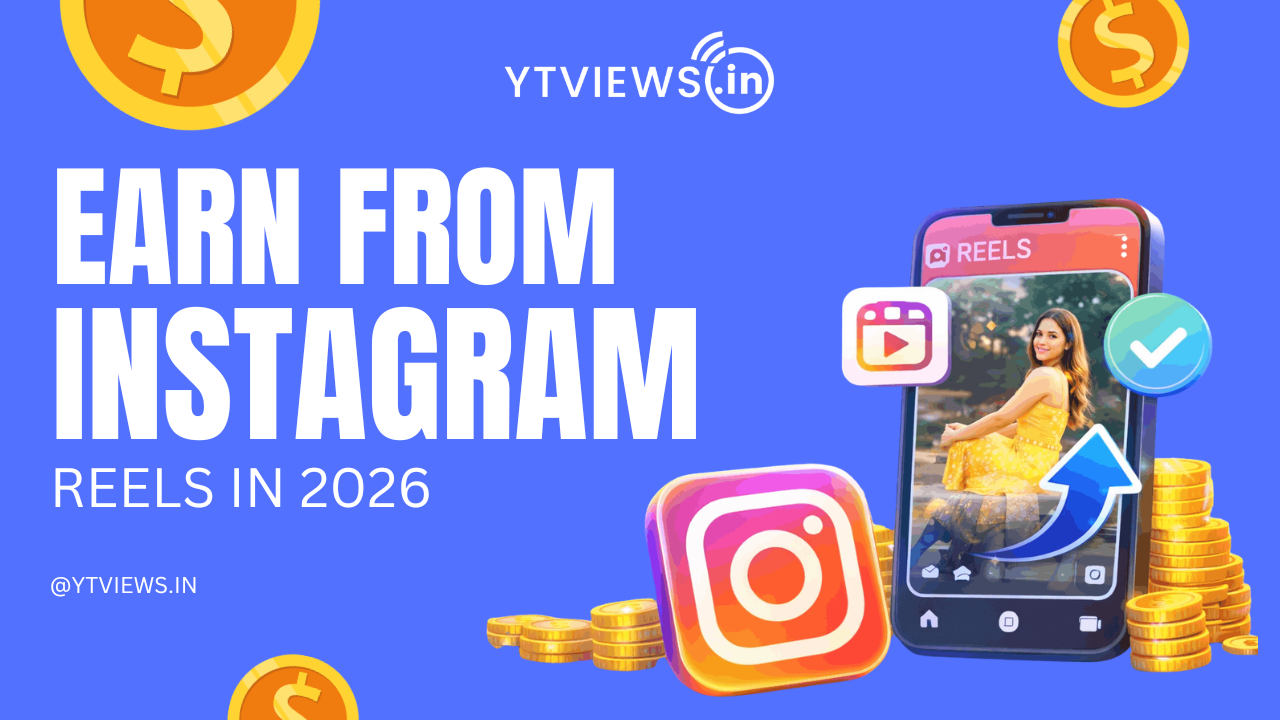
How to earn money from Instagram reels in 2026
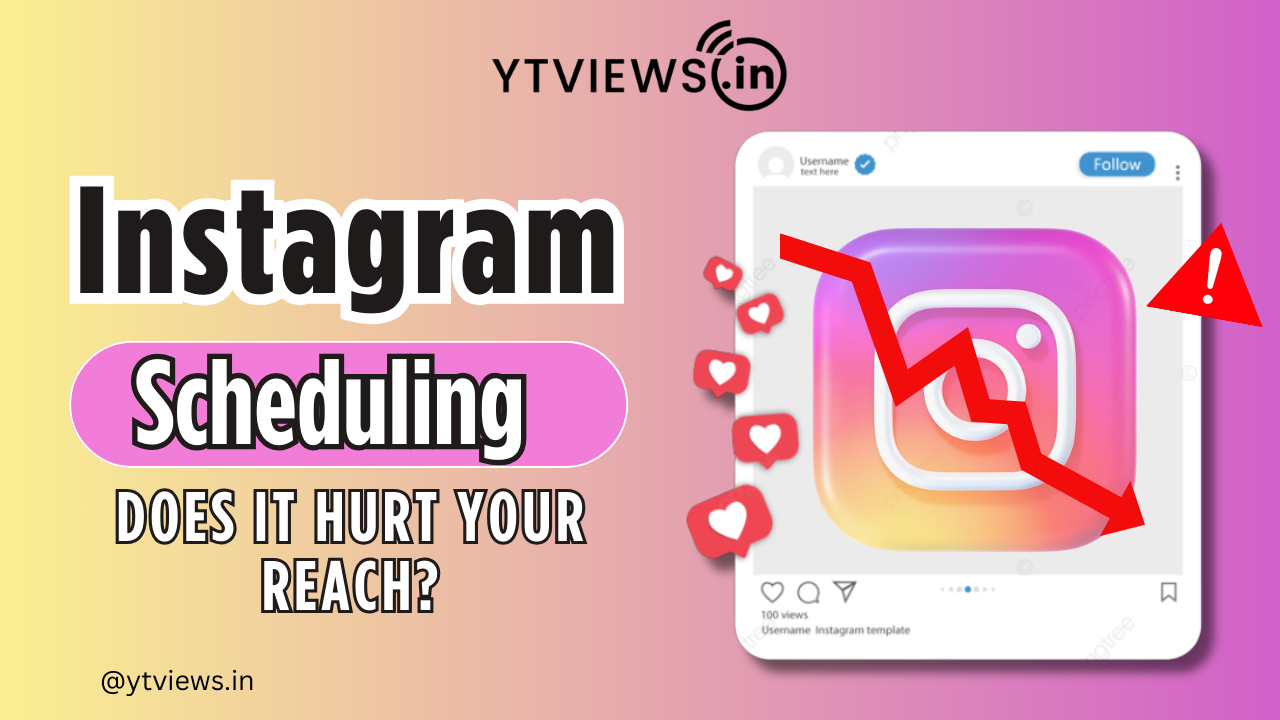
Does reach drops by scheduling a post on Instagram?
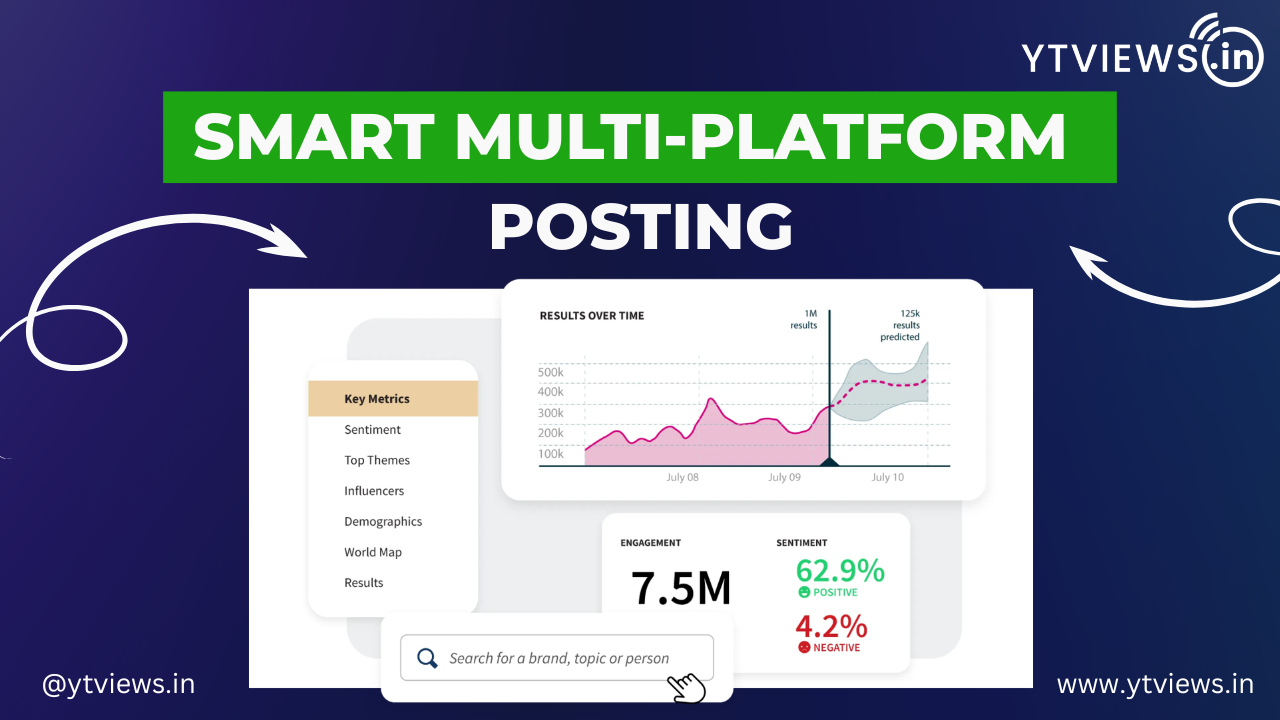
Smart Way to Manage Multi-Platform Channels and Posting
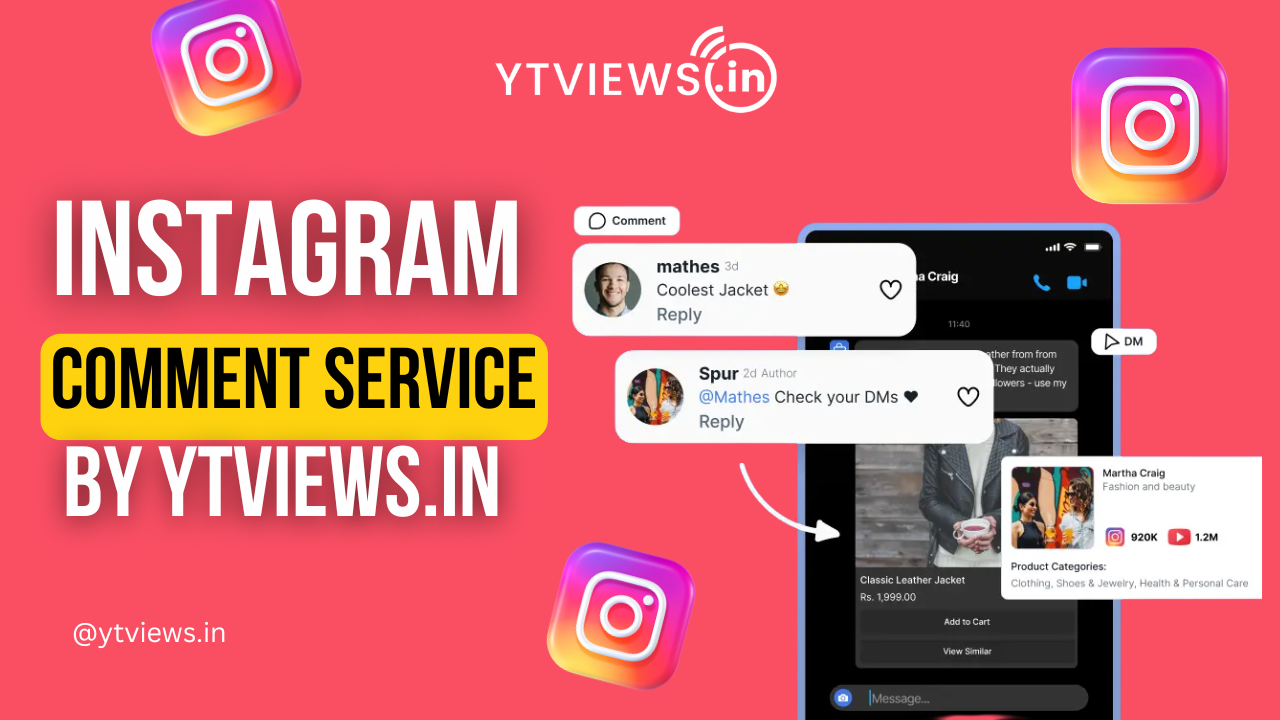
Instagram Comment Services by Ytviews.in
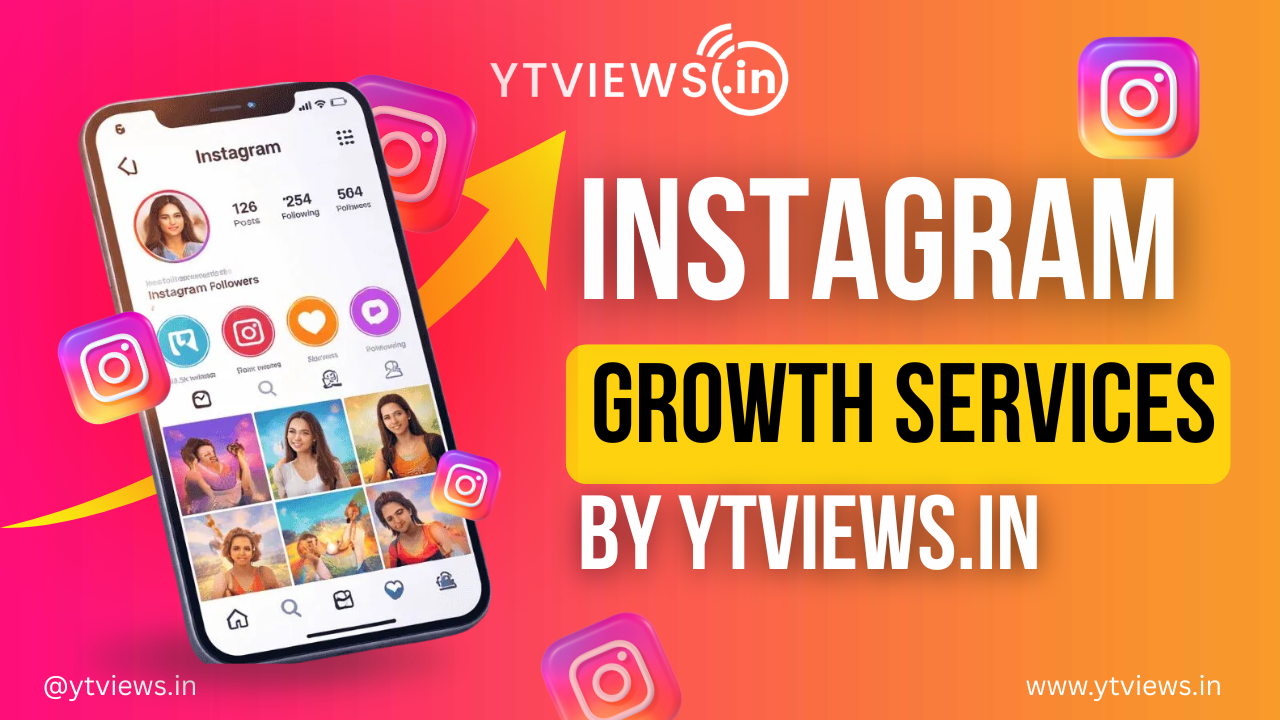
How to Grow Your Instagram with Ytviews.in Services
